Klagenfurt, Österreich / 17. Oktober 2019 – Der Roland-Mittermeir-Preis prämiert die besten Masterarbeiten aller Studien der technischen Fakultät an der Universität Klagenfurt. Antragsberechtigt sind Absolventinnen und Absolventen aller Studienrichtungen der Technischen Fakultät der Universität Klagenfurt, die Mitglied beim Förderverein sind und deren Masterarbeit mit “Sehr Gut” beurteilt wurde. D.h. Absolventinnen und Absolventen der folgenden Masterstudien: Informatik, Informationsmanagement, Informationstechnik, Technische Mathematik bzw. Lehramtsstudien mit einem Unterrichtsfach der TEWI zugeordnet (sofern die Masterarbeit einem dieser Unterrichtsfächer zuzuordnen ist).
Beurteilungskriterien für die Zuerkennung des Preises sind strikt fachlicher qualitätsbezogener Natur. Sie umfassen die Aspekte: wissenschaftlicher Gehalt, Innovationsgehalt und Umsetzbarkeit, Klarheit der Darstellung und Qualität der Ausführung. Die Zuerkennung des Preises erfolgt durch eine Jury per Vorstandsbeschluss. Der Roland-Mittermeir-Preis ist mit € 1.500,– dotiert.
Für die Ausschreibung des Roland-Mittermeir-Preises 2018 wurden aus den zahlreichen Einreichungen zwei Gewinnerinnen (ex aequo) ermittelt und das Preisgeld wurde auf € 2.000,– angehoben sowie gleichermaßen auf die Gewinnerinnen aufgeteilt. Es freut den Förderverein Technische Fakultät besonders zwei Gewinnerinnen bekannt zu geben:
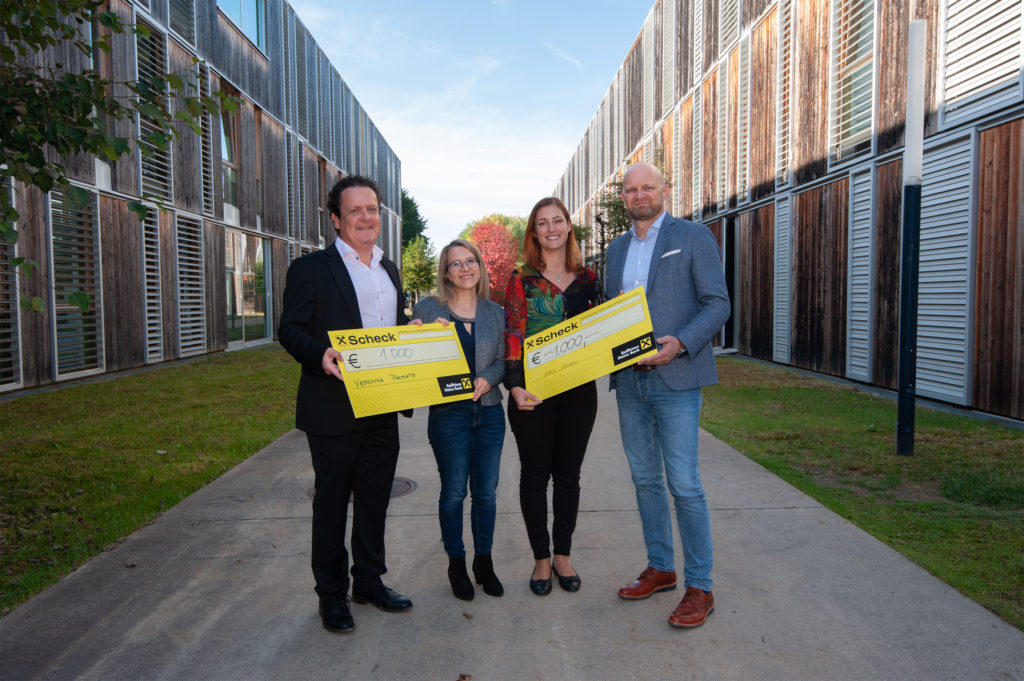
Roland-Mittermeir-Preis-2018 (v.l.n.r.): C. Inzko (Obmann), V. Pachatz (1. Platz), A. Jellen (1. Platz), M. Saringer (Vorstandsmitglied). (c) Christian Mairitsch (Alturos Destinations)
Der Preis wurde im Rahmen der Generalversammlung am 17. Oktober 2019 übergeben sowie im Rahmen des 1. FTF-Business-Lunch im Seeparkhotel gebührend gefeiert. Details dazu finden Sie hier.
In der Generalversammlung wurde auch der Vorstand neu gewählt. Wir bedanken uns recht herzlich bei Klothilde Puschl (AAU) und Daniel Kirchmeier (Raiffeisen) für Ihre Tätigkeit und begrüßen Margit Letter (AAU) und Michael Saringer (Alturos destinations) neu im Vorstand. Christian Inzko (IoT40) wurde als Obmann wiedergewählt.
Über den Förderverein Technische Fakultät
Der Förderverein Technische Fakultät an der Universität Klagenfurt verfolgt das Ziel, die Technische Fakultät bei der Erfüllung ihrer Aufgaben in Forschung und Lehre zu fördern und die Arbeit der Mitglieder, Studierenden und AbsolventInnen zu unterstützen. Ein weiteres wesentliches Ziel ist die Intensivierung des Erfahrungs- und Erkenntnisaustausches zwischen Wissenschaft und Praxis. Mit über 200 Mitgliedern ist er der anzahlstärkste (Förder-)Verein im Umfeld der Universität Klagenfurt.
Über die Universität Klagenfurt
Die Universität Klagenfurt hat sich seit ihrer Gründung anno 1970 als eine von sechs staatlichen Universitäten mit breitem Fächerspektrum in Österreich etabliert. Mehr als 11.600 Studierende lernen und forschen an der Universität Klagenfurt, rund 2.000 davon kommen aus dem Ausland. Etwa 1.500 Mitarbeiterinnen und Mitarbeiter streben nach qualitativen Höchstleistungen in Lehre und Forschung. Die Universität gehört laut QS World University Rankings („Top 50 under 50“) zu den 150 besten jungen Universitäten der Welt. In den Times Higher Education World University Rankings 2020, die den Anspruch hegen, die 1.400 besten Universitäten weltweit zu reihen, rangiert sie in der Platzgruppe 301-350. Im Fachbereich Computer Science belegt die Universität Klagenfurt in der Platzgruppe 201-250 den dritten Rang unter den österreichischen Universitäten. Eines ihrer Forschungsstärkefelder sind „Vernetzte und autonome Systeme“


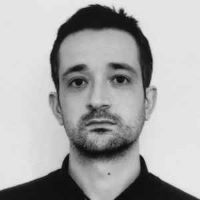
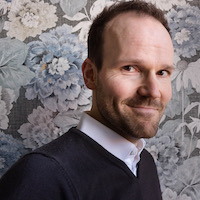 Lebenslauf: Studium des Gymnasiallehramts (2008) und Diplommathematik (2009), Promotion zum Dr. phil (2014) an der Universität Bielefeld 2014, seit 2015 Juniorprofessur für Didaktik der Mathematik an der Universität Osnabrück, 2018 Habilitationsäquivalenz durch positive Evaluation, Arbeitsgebiete: Analyse mathematischer Lernprozesse aus multimodaler Perspektive; Bedeutung von Gesten, Notizen und Mitschriften für mathematikbezogene Lern- und Kommunikationsprozesse, Grundvorstellungen mathematischer Inhalte (insbes. im Bereich der Trigonometrie), Übergang Schule-Hochschule, Mathematik und digitale Medien.
Lebenslauf: Studium des Gymnasiallehramts (2008) und Diplommathematik (2009), Promotion zum Dr. phil (2014) an der Universität Bielefeld 2014, seit 2015 Juniorprofessur für Didaktik der Mathematik an der Universität Osnabrück, 2018 Habilitationsäquivalenz durch positive Evaluation, Arbeitsgebiete: Analyse mathematischer Lernprozesse aus multimodaler Perspektive; Bedeutung von Gesten, Notizen und Mitschriften für mathematikbezogene Lern- und Kommunikationsprozesse, Grundvorstellungen mathematischer Inhalte (insbes. im Bereich der Trigonometrie), Übergang Schule-Hochschule, Mathematik und digitale Medien.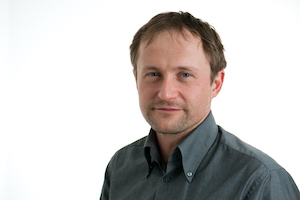 CV: Dr. Raimund Schatz is Senior Scientist at the AIT Austrian Institute of Technology, Center for Technology Experience, where he coordinates the Research Field „Experience Measurement“. Furthermore, he is Post-Doctoral researcher at the ATHENA Christian-Doppler Laboratory (ITEC, AAU). Until 2015 he was Key Researcher and Area Manager at the Telecommunications Research Center Vienna, Department of User-centered Interaction, Services, and Systems Quality. Raimund Schatz holds an Msc. in Telematics (TU-Graz), a PhD in Informatics (TU-Vienna), as well as an MBA and an MSc. from Open University Business School (UK). He is (co-)author of more than 130 publications in the areas of Quality of Experience, Service Quality, HCI and Pervasive Computing. Furthermore, he is or was actively involved in a number of QoE and HCI-related EU projects and networking activities, including SHOTPROS (H2020), Optiband (FP7), CELTIC QuEEN and COST Actions IC1003 Qualinet and IC1304 ACROSS, as well as the organization of various QoE-related conferences and workshops (e.g. QoENAM 2014, QoE-FI 2016, QCMAN 2016, QoE-Management 2017, QoMEX 2018, QoMEX 2019, etc.).
CV: Dr. Raimund Schatz is Senior Scientist at the AIT Austrian Institute of Technology, Center for Technology Experience, where he coordinates the Research Field „Experience Measurement“. Furthermore, he is Post-Doctoral researcher at the ATHENA Christian-Doppler Laboratory (ITEC, AAU). Until 2015 he was Key Researcher and Area Manager at the Telecommunications Research Center Vienna, Department of User-centered Interaction, Services, and Systems Quality. Raimund Schatz holds an Msc. in Telematics (TU-Graz), a PhD in Informatics (TU-Vienna), as well as an MBA and an MSc. from Open University Business School (UK). He is (co-)author of more than 130 publications in the areas of Quality of Experience, Service Quality, HCI and Pervasive Computing. Furthermore, he is or was actively involved in a number of QoE and HCI-related EU projects and networking activities, including SHOTPROS (H2020), Optiband (FP7), CELTIC QuEEN and COST Actions IC1003 Qualinet and IC1304 ACROSS, as well as the organization of various QoE-related conferences and workshops (e.g. QoENAM 2014, QoE-FI 2016, QCMAN 2016, QoE-Management 2017, QoMEX 2018, QoMEX 2019, etc.).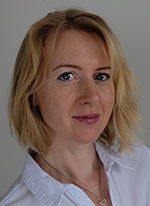
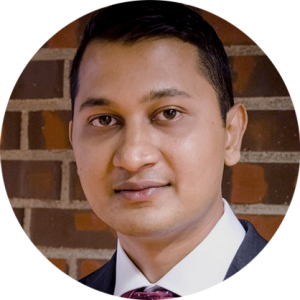

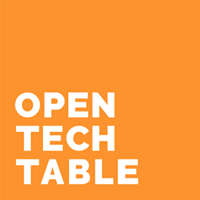 We are happy to invite everyone to the 20th edition of the OpenTechTable on November 13th. Our host this time will be Anexia (Feldkirchner Str. 140, 9020 Klagenfurt).
We are happy to invite everyone to the 20th edition of the OpenTechTable on November 13th. Our host this time will be Anexia (Feldkirchner Str. 140, 9020 Klagenfurt).